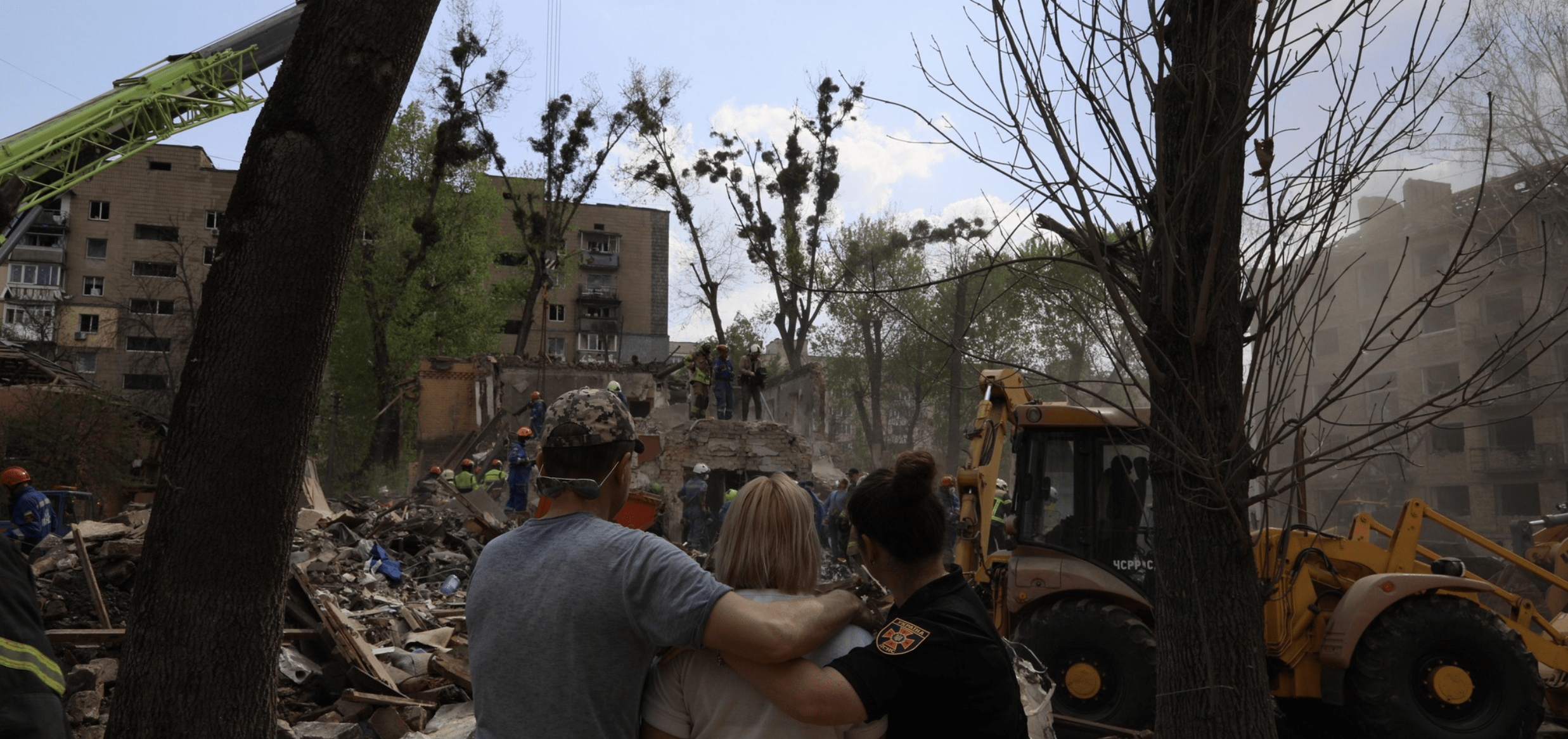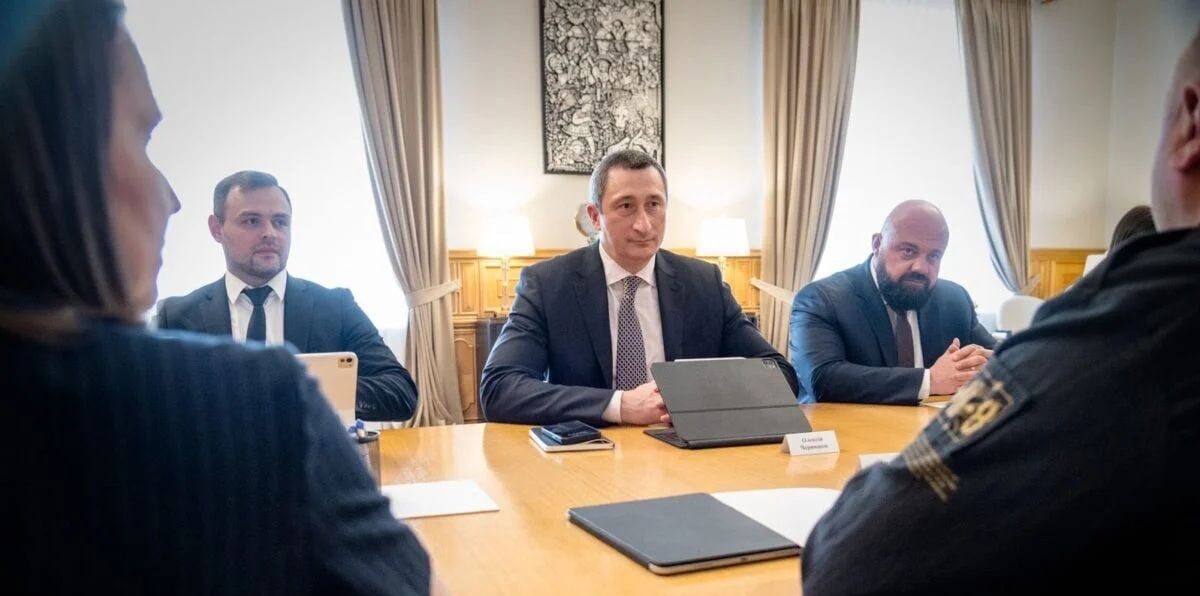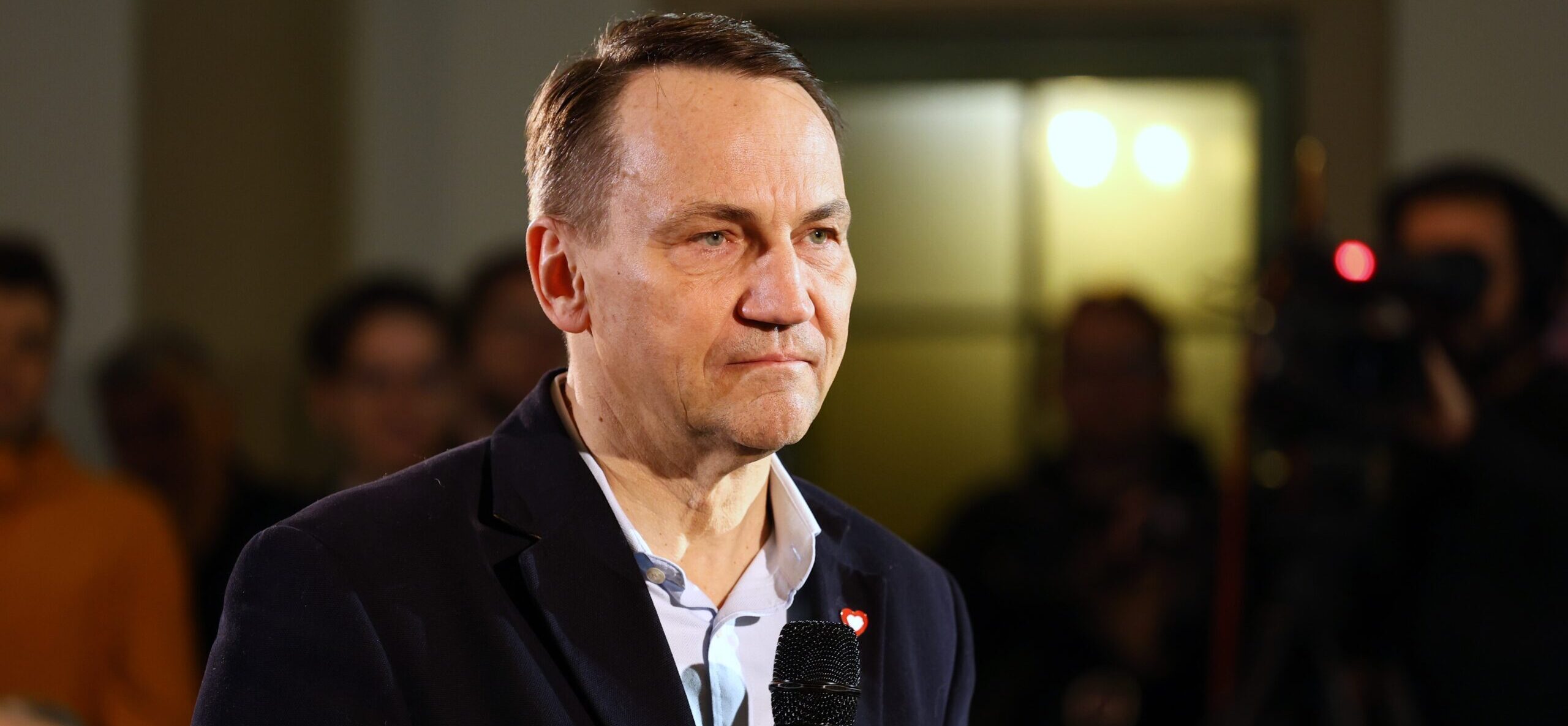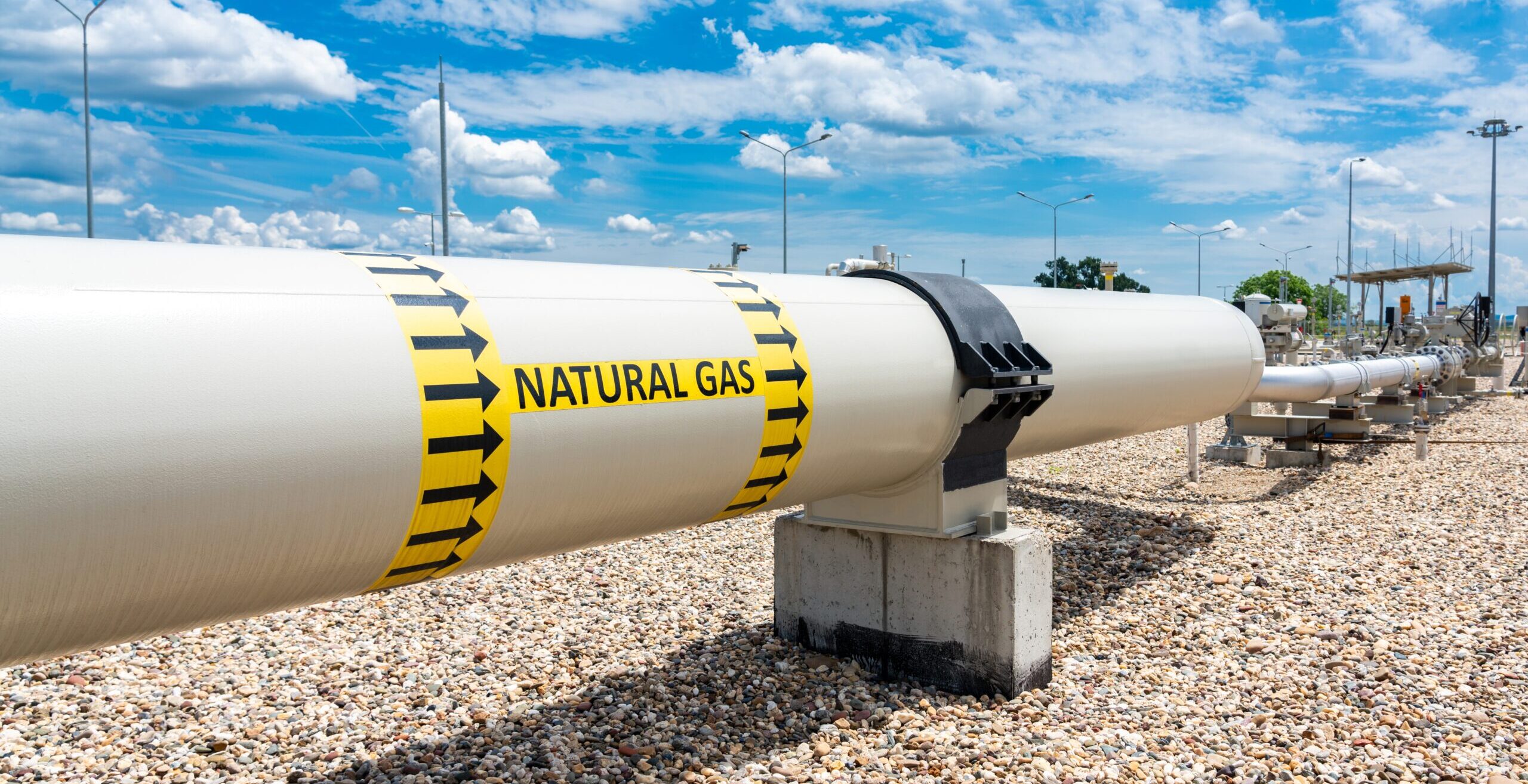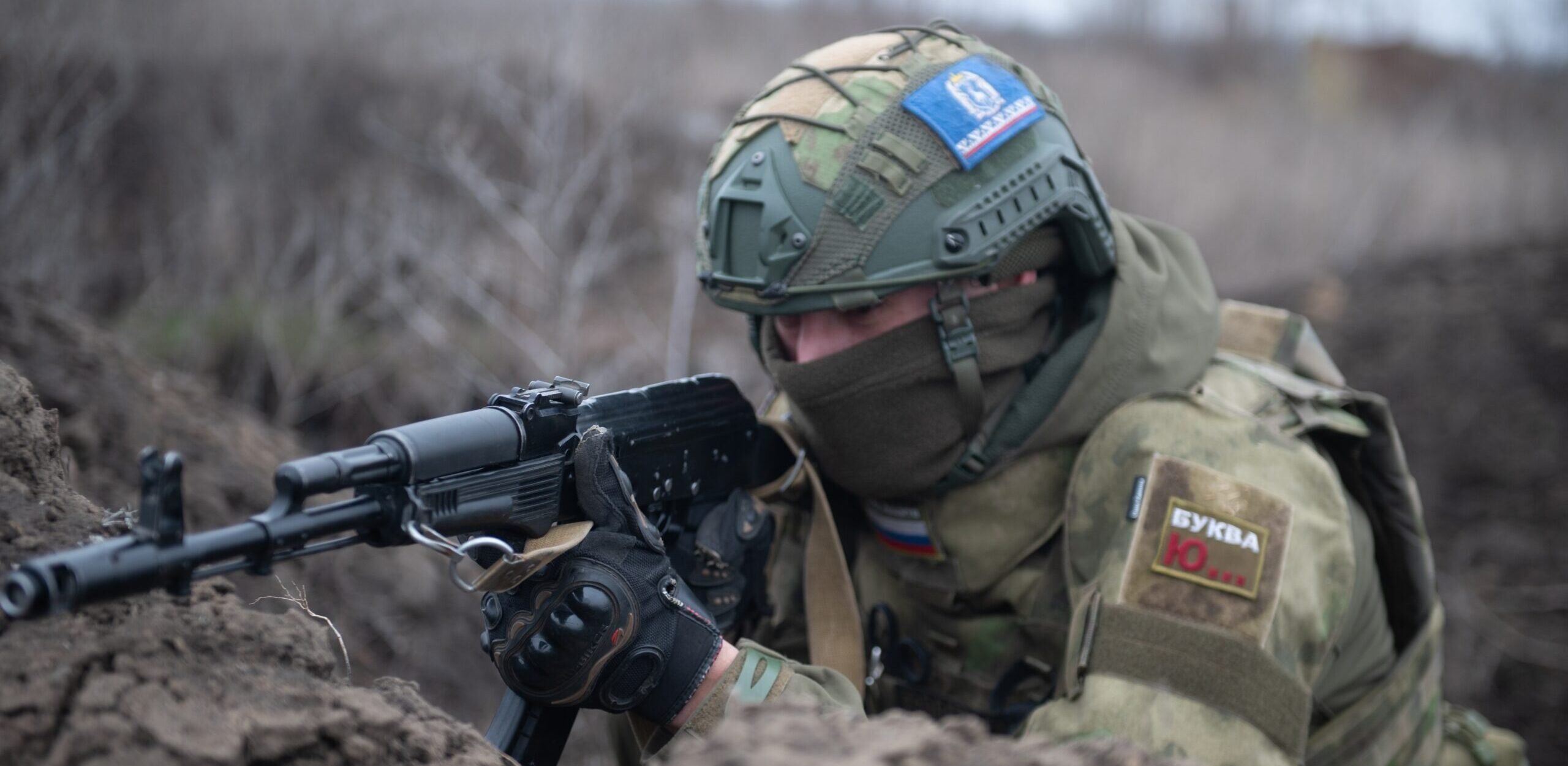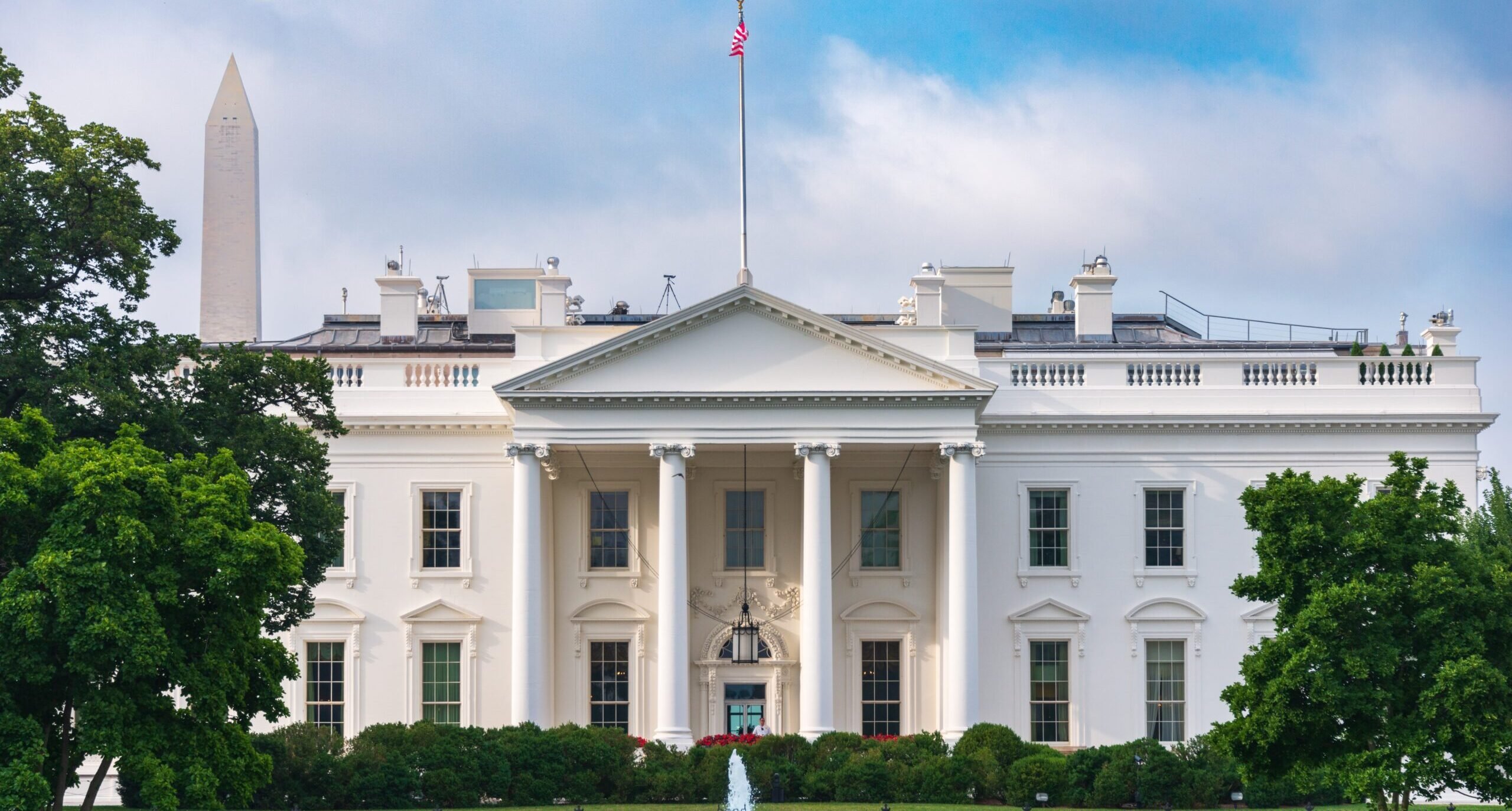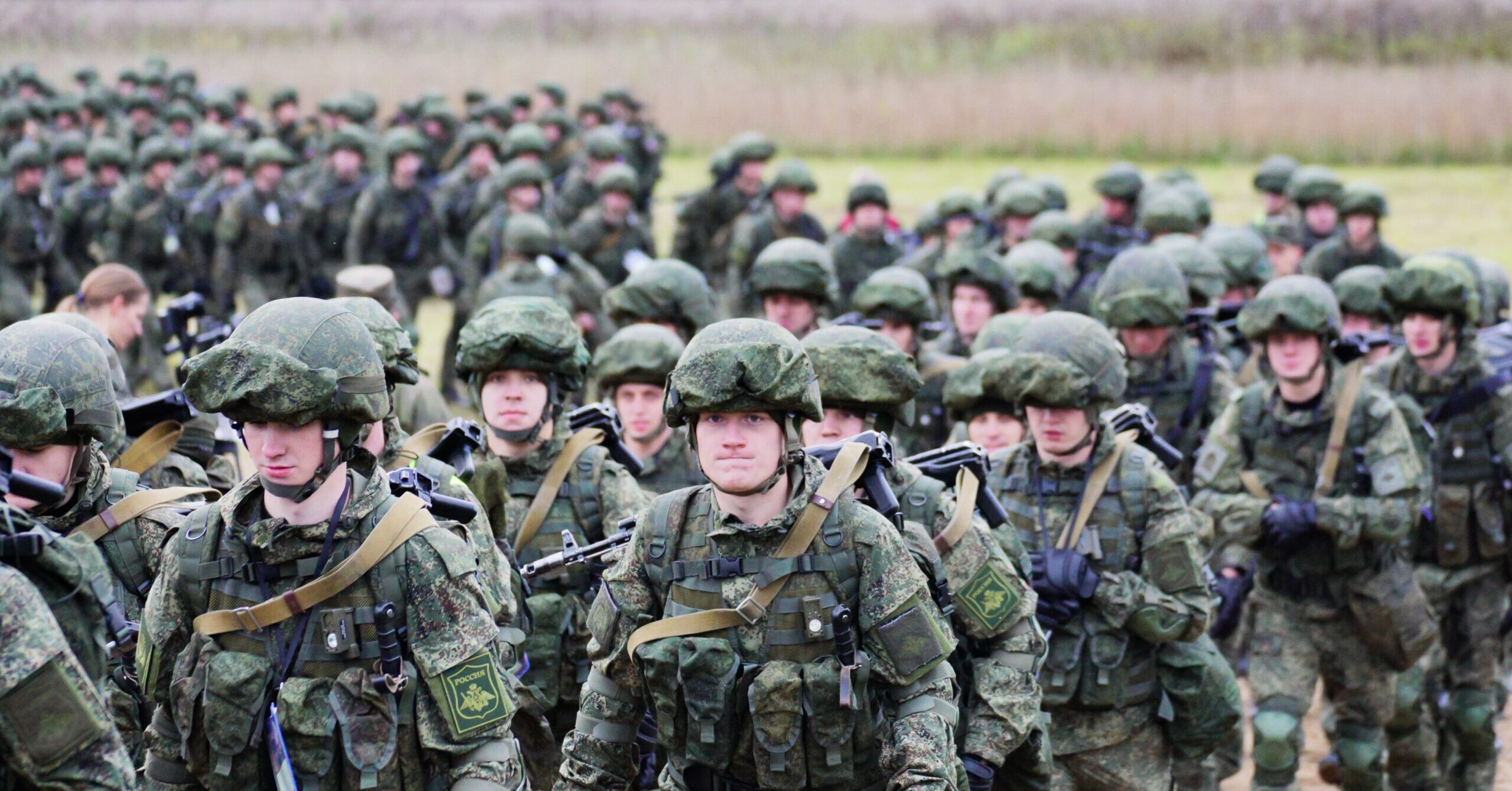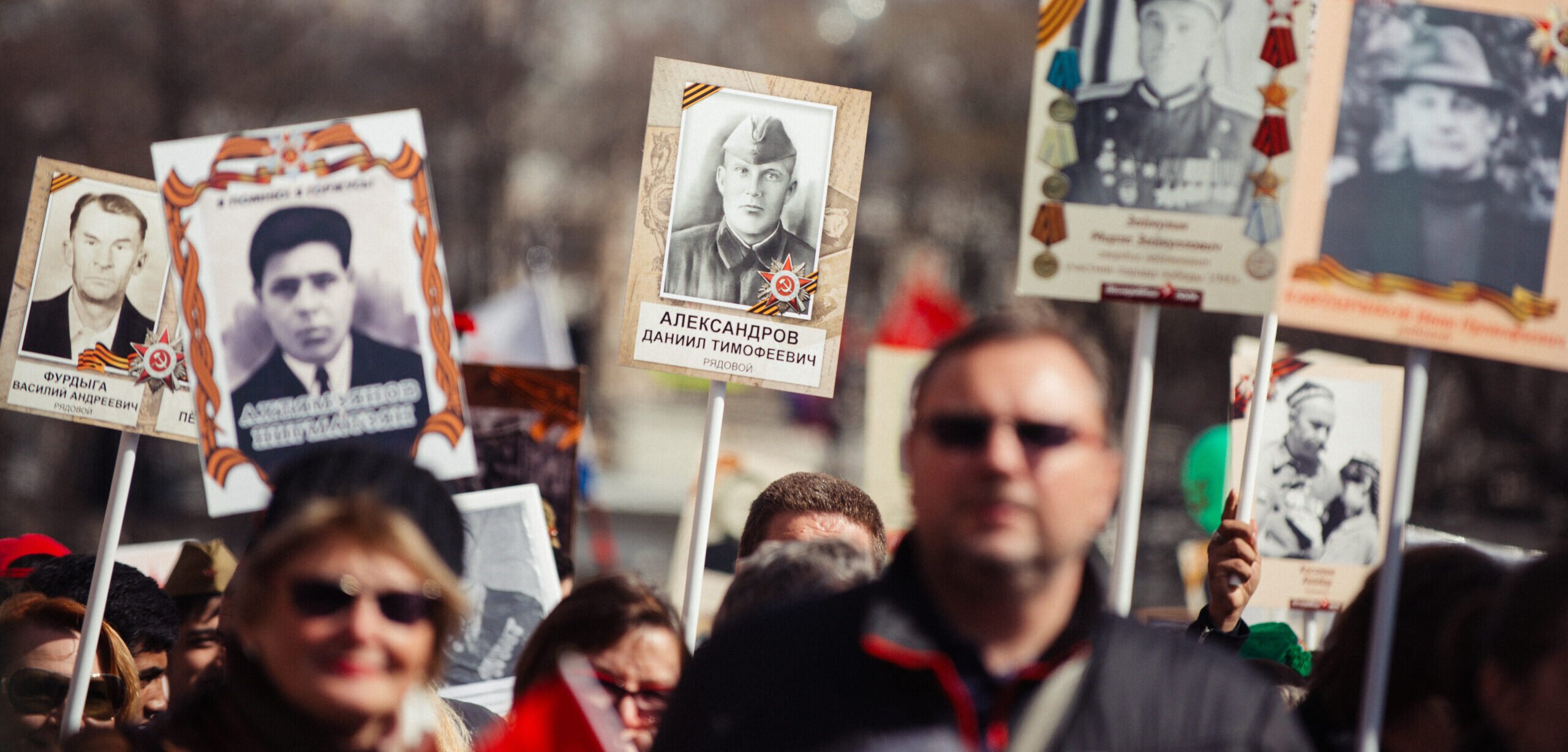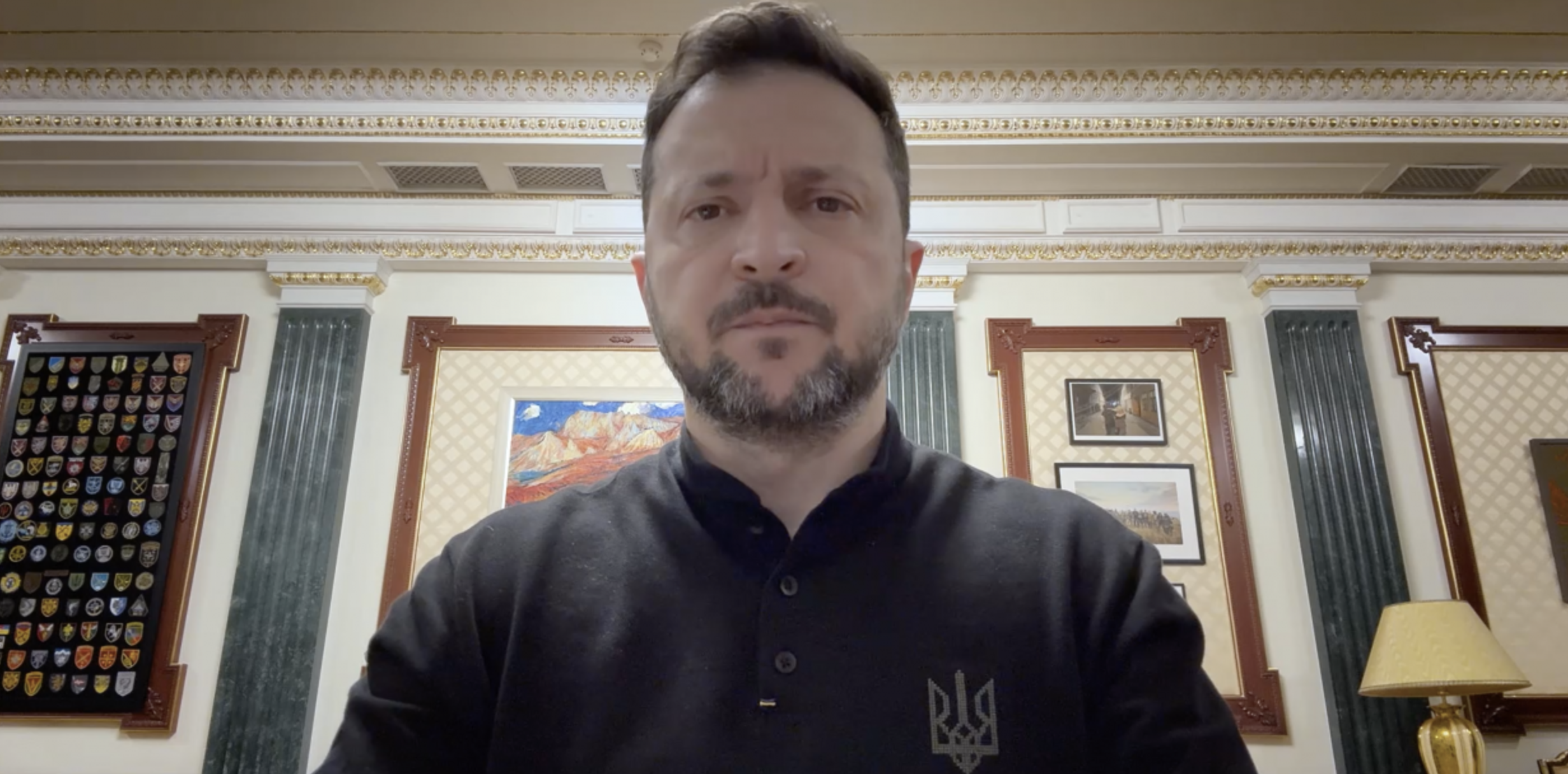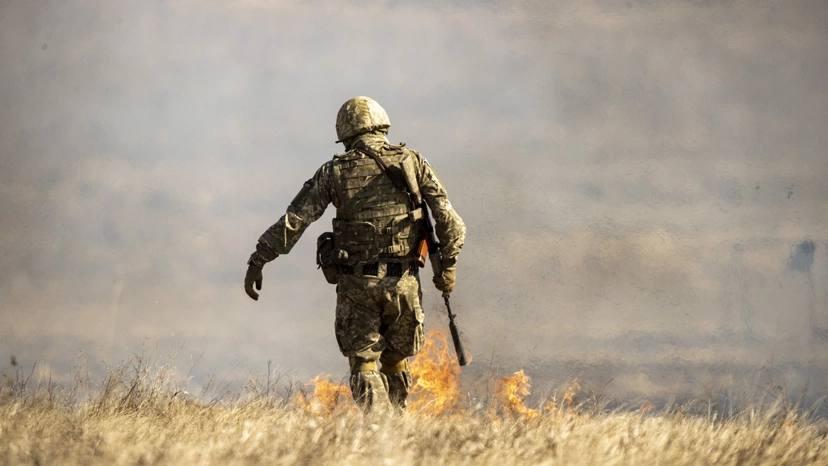
Putin hasn’t given up his plans. He thinks Ukraine’s allies will lose interest.

by Anne Applebaum
the American-British journalist and author
Source: The Atlantic
They planned to take Kyiv in three days, the rest of Ukraine in six weeks.
More than 21 months later, Russian forces have withdrawn from half the territory they occupied in February of last year. At least 88,000 Russian soldiers are likely dead–a conservative estimate – and at least twice as many have been wounded. Billions of dollars worth of equipment, Russian tanks, planes, artillery, helicopters, armored vehicles, and warships have been destroyed. If you had predicted this outcome before the war – and nobody did – it would have seemed fanciful. No one would have believed that Ukrainian President Volodymyr Zelensky, a professional comedian, could lead a country at war, that the democratic world would be united enough to help him, or that Russian President Vladimir Putin would endure such a humiliation.
Ukraine, the United States, and the European Union have achieved something remarkable: Working together, they have not only preserved the Ukrainian state, but stood up to a bully whose nihilism harms the entire world. Putin backs far-right and extremist movements in Europe, provides thugs to support African dictatorships, and colludes with China, Iran, Venezuela, and other autocracies. From the beginning, Putin hoped the war would demonstrate that American power and American alliances can be defeated, not only in Ukraine but everywhere else. He still does, and for this purpose the war remains useful to him.
The fighting creates food shortages in Africa, thereby generating more unrest and more demand for Russian mercenaries. The war stokes discontent in Europe as well, giving pro-Russian parties a boost. Americans and Europeans view turmoil in country after country as a series of isolated conflicts, but Putin doesn’t think that Ukraine and the Middle East belong to different, competing spheres. On the contrary, since the conflict in Gaza erupted, he has intensified his relationship with Iran, invited leaders of Hamas to Moscow, and attacked Israel because of its links with the U.S., hoping that the spread of violence will decrease Western support for Ukraine. Iranian drones have terrorized Ukrainian cities; Iran, in turn, distributes Russian weapons to its proxies. Hezbollah is thought to have Russian anti-ship missiles that it could use against U.S. warships in the Mediterranean at any minute.
The allied fight against Russia in Ukraine has damaged Russia’s ability to project negative power in Europe, the Middle East, and Africa. But despite his extraordinary losses, Putin still believes that time is on his side. If he can’t win on the battlefield, he will win using political intrigue and economic pressure. He will wait for the democratic world to splinter, and he will encourage that splintering. He will wait for the Ukrainians to grow tired, and he will try to make that happen too. He will wait for Donald Trump to win the 2024 U.S. presidential election, and he will do anything he can to help that happen too.
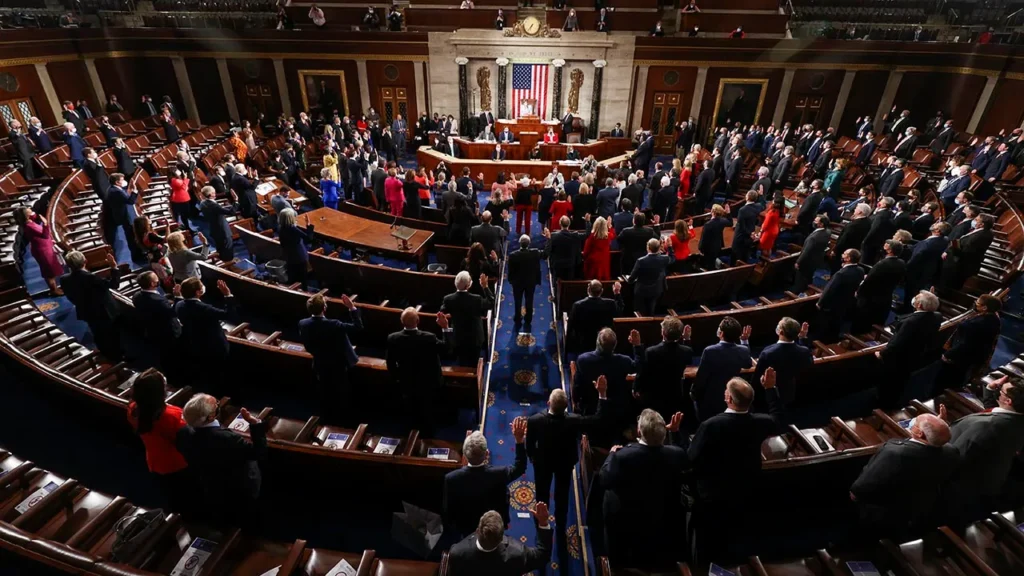
Right now, Putin’s bets are on the Republicans who repeat Russian propaganda – Senator J. D. Vance, for example, echoes Russian language about the Ukraine war leading to “global disorder” and “escalation”; Representative Matt Gaetz cited a Chinese state-media source as evidence while asking about alleged Ukrainian neo-Nazis at a congressional hearing; Vivek Ramaswamy, a GOP presidential candidate, has also called Zelensky, who is Jewish, a Nazi. Putin will have been cheered by the new House speaker, Mike Johnson, who is knowingly delaying the military and financial aid that Ukraine needs to keep fighting. The supplemental bill that he refuses to pass includes money that will keep Ukrainians supplied with the air-defense systems they need to protect their cities, as well as the fiscal support they need to sustain their economy and crucial infrastructure in the coming months.
The U.S. is supplying about a third of Ukraine’s financial needs – the rest comes from the European Union, global institutions, and the taxes paid and bonds purchased by the Ukrainians themselves – but without that help, Ukraine will have trouble surviving the winter.
Part of the Republican resistance to helping Ukraine fight an American adversary is simply the perverse desire to see President Joe Biden fail. Another part comes from the fear that Ukraine is not able to win. The Ukrainian summer counteroffensive did have some success, especially in the Black Sea, where a combination of drones and missiles has badly weakened Russia’s navy and forced some of its ships to leave the Crimean port of Sebastopol. But the progress on land was slow. Ukraine’s ability to inflict huge casualties on Russia was not enough to create a backlash, or a reconsideration, in Moscow. General Valery Zaluzhny, the Ukrainian commander in chief, has recently spoken of the war as a “stalemate.”
Although Zaluzhny has also described, in detail, the technology he needs to move his army forward and break that stalemate, his statement has renewed talk in the West of a truce or a cease-fire. Some are calling for a cease-fire in bad faith. In fact, they want a Russian victory, or at least a defeat for Biden. Others, however, advocate a truce with the best of intentions. They believe that because Putin will never give up, the damage to Ukraine must be limited. Lately, I’ve heard several well-meaning people, all supporters of Ukraine, argue that this conflict could end the way the Korean War once ended, with the borders frozen on the current front line and the rest of Ukraine, like South Korea, protected by an American security guarantee and even U.S. bases.
All of these suggestions, well-meaning or otherwise, have the same flaw: A cease-fire, temporary or otherwise, means that both sides have to stop fighting. Right now, even if Zelensky agrees to negotiate, there is no evidence that Putin wants to negotiate, that he wants to stop fighting, or that he has ever wanted to stop fighting. And yes, according to Western officials who have periodic conversations with their Russian counterparts, attempts have been made to find out.
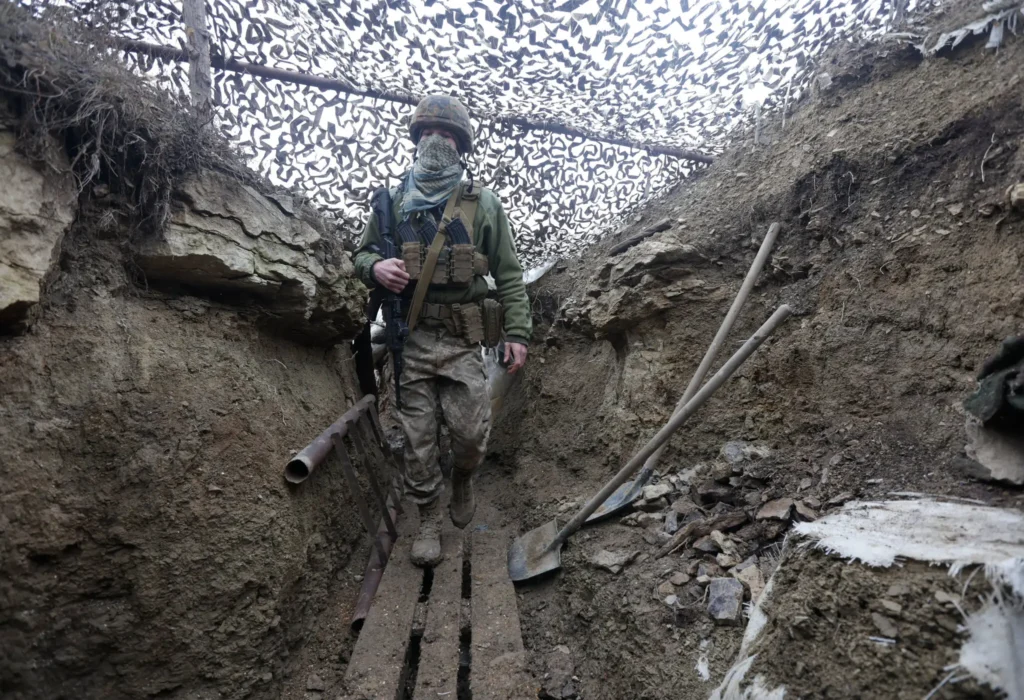
Nor is there any evidence that Putin wants to partition Ukraine, keeping only the territories he currently occupies and allowing the rest to prosper like South Korea. His goal remains the destruction of Ukraine–all of Ukraine–and his allies and propagandists are still talking about how, once they achieve this goal, they will expand their empire further. Just last week, Dmitry Medvedev, Russia’s former president, published an 8,000-word article calling Poland Russia’s “historical enemy” and threatening Poles with the loss of their state too. The message was perfectly clear: We invaded Poland before, and we can do it again.
In this sense, the challenge that Putin presents to Europe and the rest of the world is unchanged from February 2022. If we abandon what we have achieved so far and we give up support for Ukraine, the result could still be the military or political conquest of Ukraine. The conquest of Ukraine could still empower Iran, Venezuela, Syria, and the rest of Putin’s allies. It could still encourage China to invade Taiwan. It could still lead to a new kind of Europe, one in which Poland, the Baltic states, and even Germany are under constant physical threat, with all of the attendant consequences for trade and prosperity. A Europe permanently at war, an idea that seems impossible to most people in the West, still seems eminently plausible to the Russian president. Putin spent a memorable part of his life as a KGB officer, representing the interests of the Soviet empire in Dresden. He remembers when eastern Germany was ruled by Moscow. If it could be so once, then why not again?
The stark truth is that this war will only end for good when Russia’s neo-imperial dream finally dies. Just as the French decided in 1962 that Algeria could become independent of France, just as the British accepted in 1921 that Ireland was no longer part of the United Kingdom, the Russians must conclude that Ukraine is not Russia. I can’t tell you which political changes in Moscow are necessary to achieve that goal. I can’t say whether a different Russian leader is required–maybe or maybe not. But we will recognize this change when it happens. After it does, the conflict is over and negotiating a final settlement will be possible.
To reach that endgame, we need to adjust our thinking. First, we need to understand, more deeply than we have done so far, that we have entered a new era of great-power conflict. The Russians already know this and have already made the transition to a full-scale war economy. Forty percent of the Russian state budget – another conservative estimate – is now spent annually on military production, about 10 percent of GDP, a level not seen for decades. Neither the U.S. nor its European allies have made anything like this shift, and we started from a low base. Jack Watling of the Royal United Services Institute told me that, at the beginning of the war, the ammunition that the United Kingdom produced in a year was enough to supply the Ukrainian army for 20 hours. Although the situation has improved, as production has slowly cranked up all over the democratic world, we are not moving fast enough.
Secondly, we need to start helping the Ukrainians fight this war as if we were fighting it, altering our slow decision-making process to match the urgency of the moment. Ukraine received the weapons for its summer fighting very late, giving the Russians time to build minefields and tank traps – why? Training by NATO forces for Ukrainian soldiers has in some cases been rushed and incomplete – why? There is still time to reverse these mistakes: Zaluzhny’s list of breakthrough technologies, which includes tools to gain air superiority and better wage electronic warfare, should be taken seriously now, and not next year.
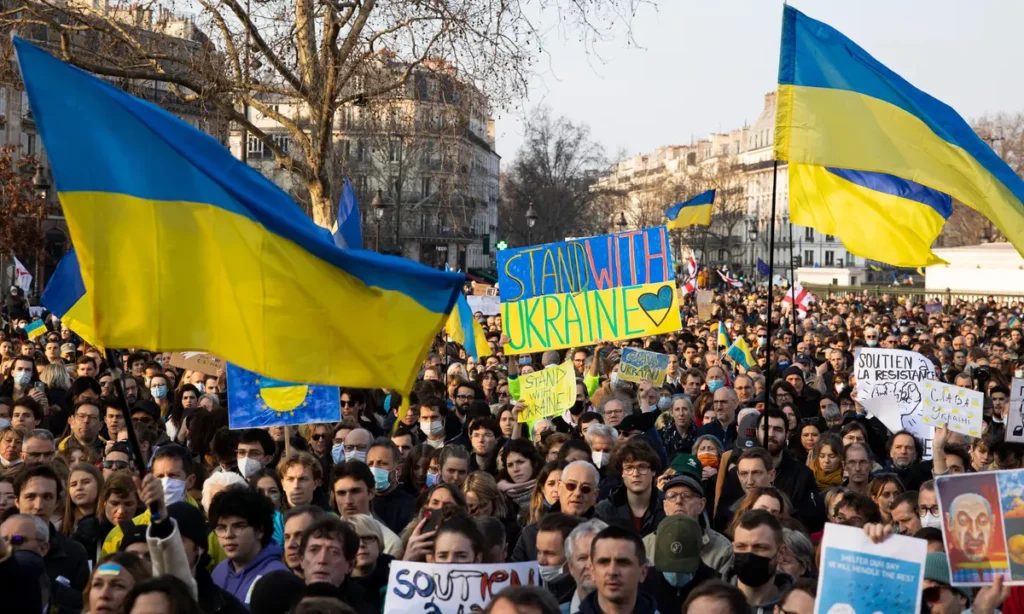
But the path to end this war does not only lead through the battlefield. We need to start thinking not just about helping Ukraine, but about defeating Russia – or, if you prefer different language, persuading Russia to leave by any means possible. If Russia is already fighting America and America’s allies on multiple fronts, through political funding, influence campaigns, and its links to other autocracies and terrorist organizations, then the U.S. and Europe need to fight back on multiple fronts too. We should outcompete Russia for the scarce commodities needed to build weapons, block the software updates that they need to run their defense factories, look for ways to sabotage their production facilities. Russia used fewer weapons and less ammunition this year than it did last year. Our task should be to ensure that next year is worse.
The West has already sanctioned Russia and put export controls on electronics and many other components necessary for the Russian defense ministry. Paradoxically, there may now be too many of these sanctions, which are difficult to keep track of and enforce, especially when materials go through third or fourth countries. Instead, we should target the most important supply chains, depriving the Russians of the specific machine tools and raw materials that they need to make the most sophisticated weapons. At the start of the war, the U.S. and its allies froze Russia’s foreign-currency deposits. The assets of many Russian oligarchs were frozen too, in the hope that this would make them more inclined to resist the war. With some exceptions, it did not. Now it’s time to take those assets and give them to Ukraine. We need to demonstrate that our commitment to the principle of Russian reparations for Ukraine is real.
But some of our money is needed too. Spending it now will produce savings down the line, and not just because we can prevent a catastrophe in Ukraine. By learning how to fight Russia, a sophisticated autocracy with global ambitions, we will be better prepared for later, larger conflicts, if there is ever a broader struggle with China or Iran. More important, by defeating Russia, we might be able to stop those larger conflicts before they begin. The goal in Ukraine should be to end Russia’s brutish invasion – and to deter others from launching another one somewhere else.
Photo: Tasos Katopodis | Credit: Getty Images; Andriy Dubchak/Associated Press; The Guardian; Ciftci / Anadolu Agency / Getty
